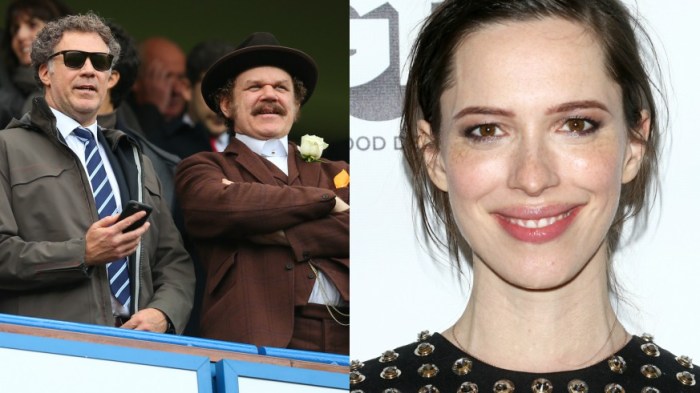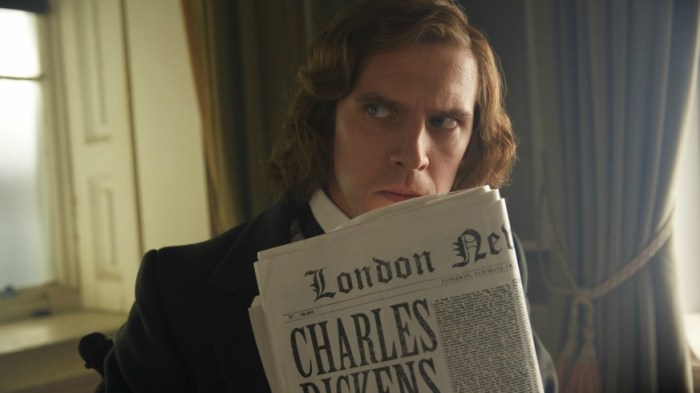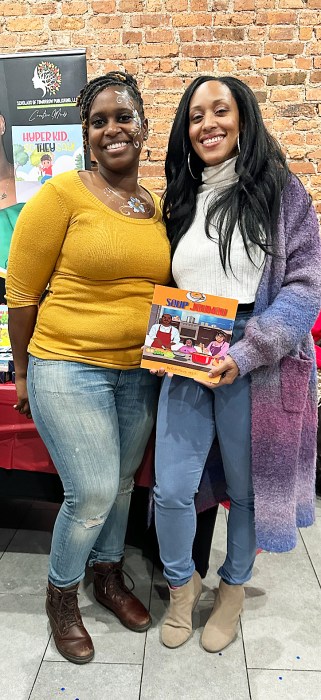When do you know that you’re with the right person? Do you ever know? Especially if there are doubts and differences that are festering inside each individual that remain unsaid.
These are questions that “Permission” examine in a non-judgmental, amusing, and at times even moving fashion.
The film revolves around Rebecca Hall’s Anna and Dan Stevens’ Will, a seemingly happy couple in their early 30s that are on the brink of engagement. However, after Anna’s brother Hale (David Joseph Craig) and his boyfriend Reece (Morgan Spector) remind the duo they have only ever slept with each other, they soon decide to embark on an open relationship that exposes their insecurities.
On Wednesday I had the chance to speak to the two leading actors about “Permission” over the phone, at which time Stevens admitted he has been intrinsically and intimately linked with the film since before writer and director Brian Crano had even dreamed up the idea.
“I have known both Brian and Rebecca for 10 years. I feel like I have grown up with them. These characters, through our permission, are based on our relationships or our friends’ relationships.”
As a result, Dan Stevens found making “Permission” and re-exploring this period of his life both “important and quite beautiful.”
Rebecca Hall’s role as producer meant that she assisted Crano in evolving the film, as she told me they “had lots of conversations leading up to the script that revolved around coupling.”
“Because even though we currently live in a very sophisticated age of relationships there is still this very quiet pressure on couples that have been together for a while to get married. But if they question that there is sense that they are a failure, rather than it being good.”
At the same time Hall really “wanted to tell a story about a conventionally good woman that makes a decision that isn’t what is expected of her in order to figure out who she is.”
Rather than being a film about the morals or ins and outs of taking part in an open relationship, “Permission” focuses on how it improves the self-development of its characters.
“For a lot of people it does work,” Hall insisted. “For this, though, Brian was amused that he kept seeing people that weren’t able to split up. They were unable to have a straight forward conversation about doing that.”
For Hall and Stevens this made “Permission” perfect fodder for a rom com, even though in recent years the genre has become dormant.
When I made this claim to Stevens, he responded, “It has often been said that the romantic comedy genre is dead. But I don’t think that romance is dead. And I don’t think that comedy is dead. I think that comedy shifts every ten years or so. And maybe romance is like that, too.”
In fact, Hall insisted that Crano consciously played off of and subverted “the conventional rom-com in the mode of ‘Sleepless In Seattle’ and when they were really successful and glossy in the early 90s.”
But made sure to emphasize, “What we really want everyone to be left with is to laugh and be moved, and to be quite uncomfortable so that they are forced to have awkward conversations with their partners.”
You can do just that after watching “Permission” when it is released in select cinemas in New York, as well as On Demand, on Friday February 9.

















